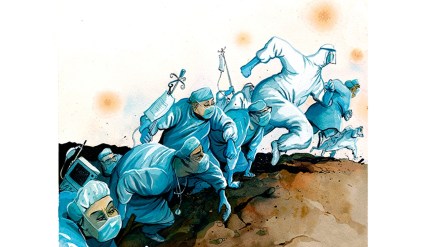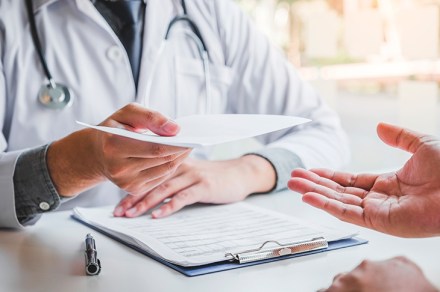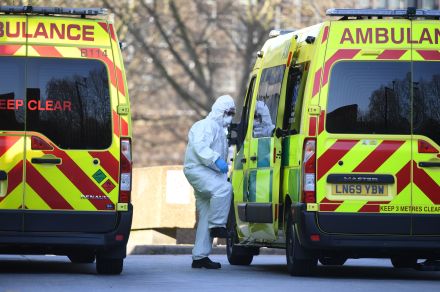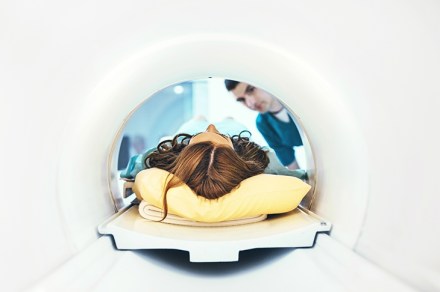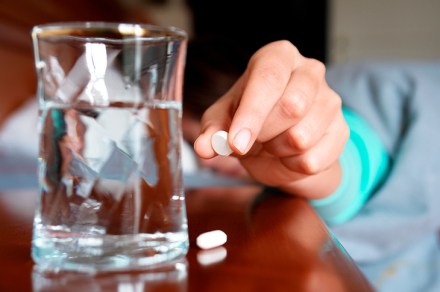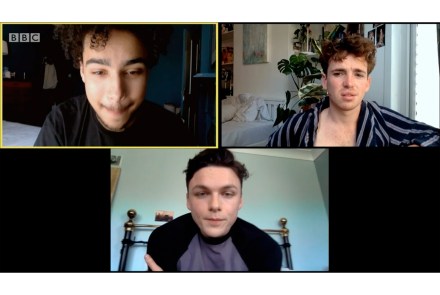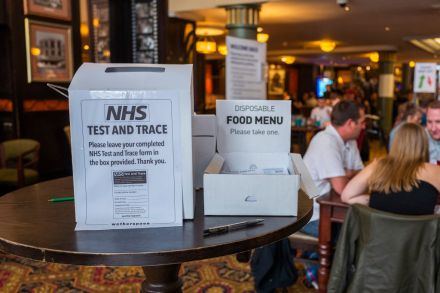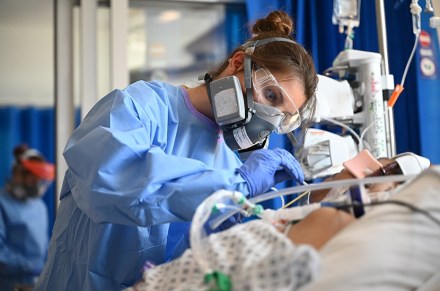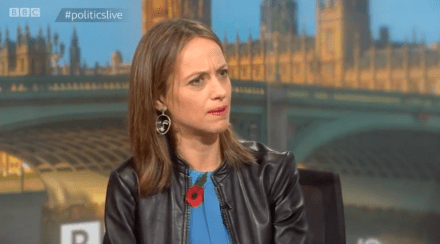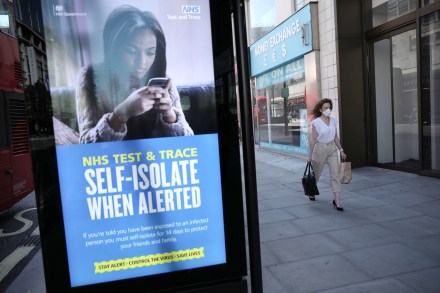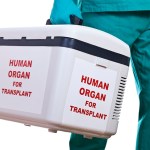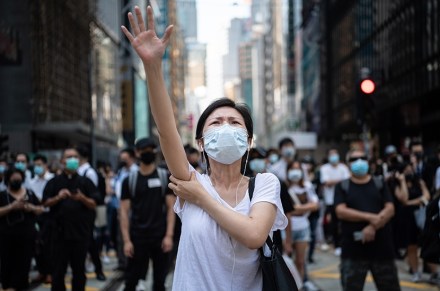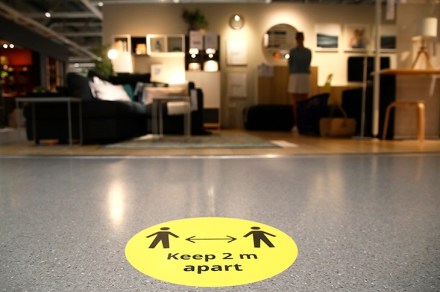The infantilism of locking down to ‘save Christmas’
It seems, then, that this latest lockdown has been instigated simply to protect two very questionable institutions — the National Health Service and Christmas. Both have a certain historicity about them and were widely liked. Both, too, have become bloated and hideous caricatures of what they once were. There is a certain infantilism about the repeated demands to ‘save Christmas’ which conjures up the image of serious adults — Chris Whitty, for example, or Sir Patrick Vallance — hanging up their stockings on Christmas Eve and jumping up and down on the bed in excitement at five o’clock the following morning. There is no Santa Claus, Patrick. There is no



